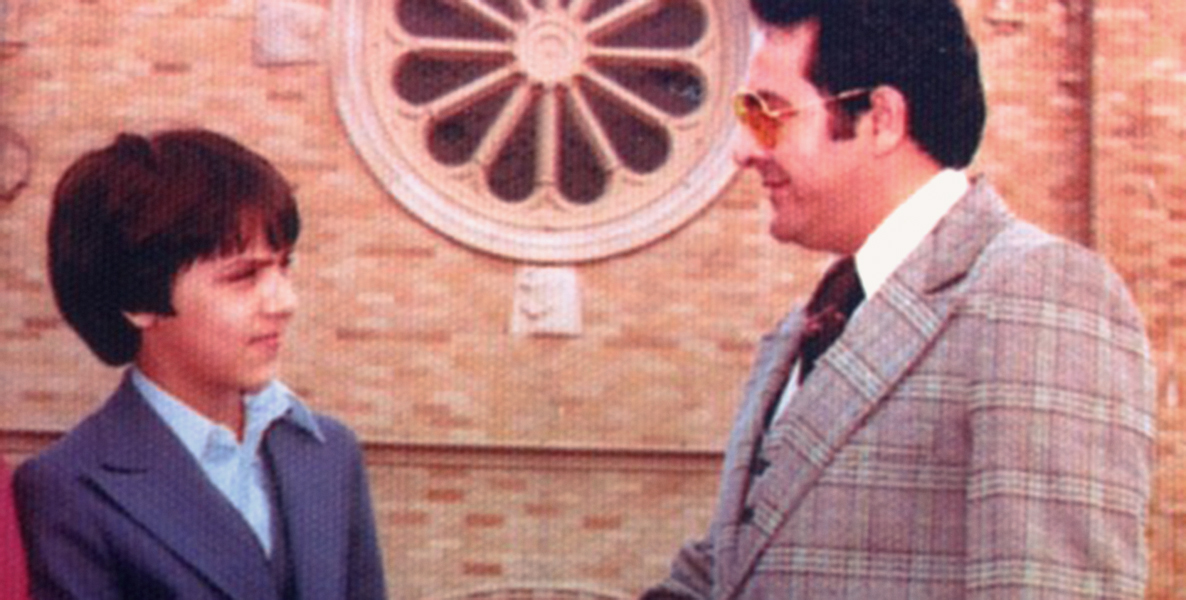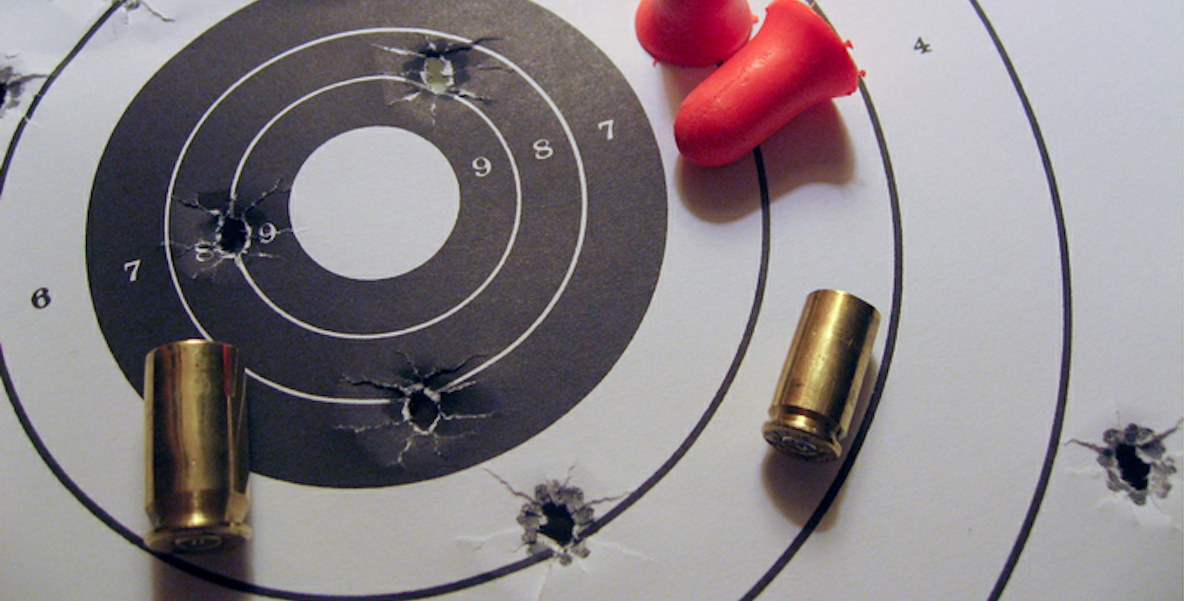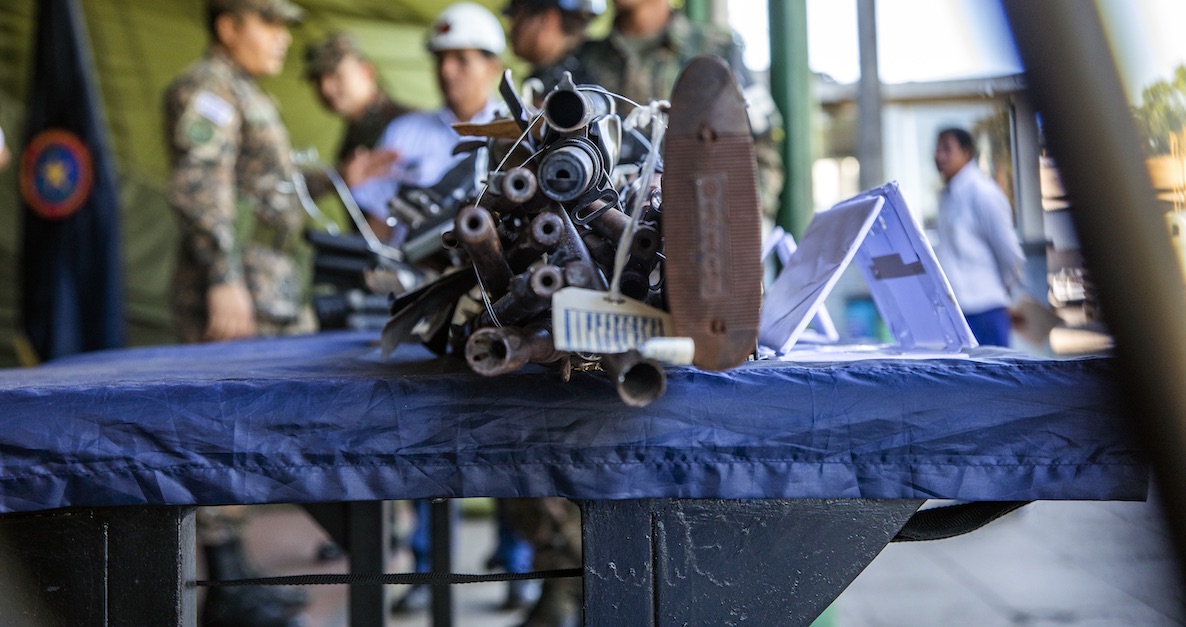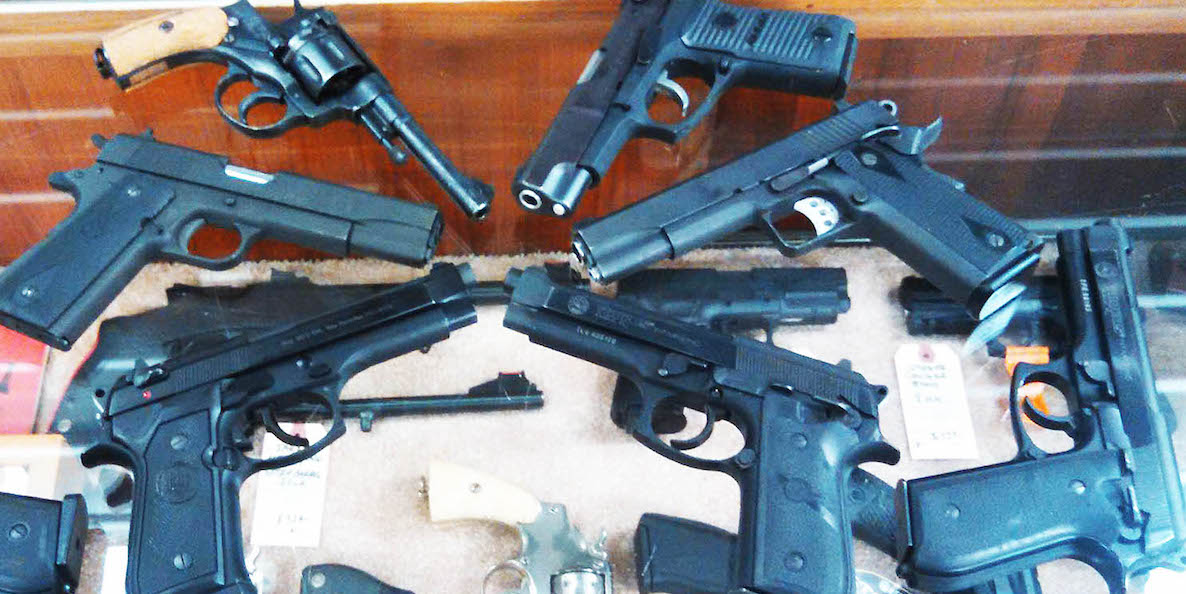That old children’s “Sticks & Stones” adage is wrong. And if we don’t learn that lesson as responsible adults, too many of our children may not live long enough to learn it themselves.
You don’t have to be a Lincoln, Churchill, Kennedy or Dr. King to know that words matter. What we say and how we say it is often the critical aspect of any conversation or relationship. Words can build, tear down or just set the tone. Leaders, especially, know that words matter. Whether you are articulating a vision, bringing a team together, driving your team to action or just sharing important information, the quality of your words will determine whether you communicate clearly and successfully.
Leaders should also know that there is a small percentage of the population that is on the fringe, and an even smaller percentage of that group that is capable of hurting themselves or others. Some people are broken. Through some experience, circumstance or condition, they unfortunately have trouble with a mental health issue. Far too often, it is unrecognized and undiagnosed; sometimes, there are clear signs that must be heeded to prevent the potential for harm.
Despite the temptation to put this squarely in the lap of a President who has used words to divide us and who clearly has emboldened the madness of white nationalism across the country, the truth is that all of our leaders have failed to lead on this issue.
Those few broken citizens should not be emboldened by the wrong words to take hateful action. They need to get help—not be inflamed with dangerous rhetoric. They need support—not to be allowed to be heavily armed with weapons of war so they can maximize the danger to themselves as well as the general danger and damage they can inflict on society. They need to be influenced to seek help and closeness with their friends and loved ones—not to become even more separate and isolated into the internet of their own potentially dangerous ideas.
![]()
We’ve seen it in some of the most recent attacks of the last few days and months: The El Paso mass shooting in a Walmart that killed 20; the shooting at a music festival in Gilroy, California that killed three, including a 6 year old girl; and the Pittsburgh Tree of Life Synagogue attack that killed 11 people were all perpetrated by disturbed individuals espousing a kinship or connection with a political leader (the El Paso shooter felt a bizarre connection to Trump, even posting a type of manifesto and arranging his guns to spell out the President’s name), or a philosophy (some twisted version of “America First” or white nationalism) as a reason for their actions.
According to the Anti-Defamation League, in the last year, extremist- related murders have spiked 35 percent, all of them committed by individuals categorized as “right-wing” extremists. In the last 18 months, some 65 murders have been committed by “white-extremists.” These are hate-filled acts inspired by an ideology of “us versus them.”
When you continuously dehumanize an entire class of people, Latinos and immigrants, we cannot be surprised when they are targeted. When you continuously provide cover for bad actors (like the President calling them “fine people” in Charlottesville) you empower them.
But despite the temptation to put this squarely in the lap of a President who has used words to divide us and who clearly has emboldened the madness of white nationalism across the country, the truth is that all of our leaders have failed to lead on this issue.
Red flag bills don’t just prevent homicides of the kind that plague Philadelphia, or the mass shootings that happen too frequently: Almost two-thirds of Pennsylvania’s 1,636 gun deaths last year were suicides.
From Congressional leaders who sit on their hands in silence while Americans bleed, to local leaders who fail to provide treatment or to address the socio-economic root causes of violence while giving us empty words and asking for our vote, all have a role to play on this issue. Too many of our leaders are far too irresponsible with their words. The wrong words? Sure, that obviously happens—that plays out everyday on Twitter. But also the empty words of caring and change and how this time things will be different. Then they are not. They may not directly incite violence, but their words attempt to shift the conversation away from responsible gun reform to talk of video games, rap music or a lack of prayer in schools. Empty words—no real action.
![]()
Yes, too many Republicans are beholden to the NRA instead of prioritizing our safety. Democrats, though slightly longer on policy, fall equally short on action. As a Democrat, it pained me to watch last week’s debates. There was more time spent on the 1994 Crime Bill, as candidates tried to tear each other down, than about the current threat of gun violence that we all face everyday. Let’s see if the September debates are different now, or whether El Paso will be a distant memory by then. I for one hope our leaders are more careful with their words. That those words start a different conversation that moves all of us forward.
The fact is there are things we can do. People with very real mental health issues need our collective help and support. Their friends, family, teachers and co-workers need to take action to help keep them safe for their own benefit as well as everyone else’s. And they need to be kept away from guns—all guns but especially guns that can kill scores of people.
That is why so-called “red flag laws” are such a good idea. In many mass shootings, family members or friends could have noticed warning signs that shooters were at risk of harming themselves or others. Obvious red flags often precede horrific events. Threats, isolation, a scary browser history, the stockpiling of weapons and ammunition coupled with an increase in extremist rhetoric that embraces the potential for violence are just a few.
As a Democrat, it pained me to watch last week’s debates. There was more time spent on the 1994 Crime Bill, as candidates tried to tear each other down, than about the current threat of gun violence that we all face everyday.
In response, 17 states (and Washington, D.C.) have passed laws allowing for Extreme Risk Protection Orders, which empower families, household members, law enforcement officers and sometimes other authorities to petition to temporarily remove a person’s access to firearms before they commit violence—similar to a temporary restraining order. In Pennsylvania, a similar bill failed to make it out of committee in the House last year; legislation is again pending in both the Senate and the House, supported by legislators on both sides of the aisle. Meanwhile, a bipartisan bill—sponsored by Republican Sen. Linsday Graham and Democrat Sen. Richard Blumenthal—making its way through the Senate would pay states to enact red flag laws.
This is not just because it might prevent homicides of the kind that plague Philadelphia, or the mass shootings that happen too frequently: As supporters of the bill pointed out to WHYY in the spring, almost two-thirds of Pennsylvania’s 1,636 gun deaths last year were suicides.
Let’s have a real effort around mental health in this country. Let’s pass common sense red flag laws to empower families. Let’s pass obvious gun reforms to make us safer, like universal background checks for every gun sale, an assault weapons ban and laws that prevent the sale of extended high capacity magazines. An overwhelming number of Americans support those efforts. Our leaders should, too.
And let’s be more careful with our words. All of us.
Because today, it’s not sticks and stones that will break your bones; it’s an American citizen armed with an assault weapon (extended clip sold separately) and inspired by dangerous words that will hurt you.
Rich Negrin is a gun violence survivor, former Philly City Manager & Deputy Mayor, and a former prosecutor and candidate for District Attorney. He is a former Board Member of CeasefirePA and an advocate for common sense gun reform.You can follow him on twitter @RichNegrin.
Photo via Flickr








